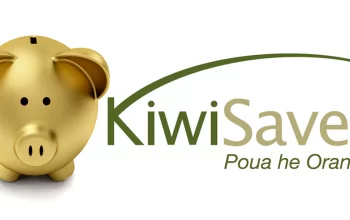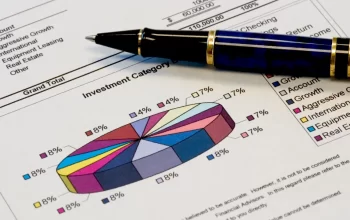A growing field of ethical mutual funds and individual stocks offer a way to grow your wealth while aligning it with your ethics. But with so many options, it can be difficult to find the right fit.
Ethical investments often include environmental, social and corporate governance (ESG) factors. However, the definition of those terms is sometimes murky.
Socially Responsible Mutual Funds
Socially responsible investing (SRI) is an investment strategy that seeks to align investments with investors’ moral compass. Ethical investment funds may screen out companies involved in unethical activities, such as the production or sale of tobacco, weapons, gambling, alcohol and pornography.
They may also invest in companies that are considered ethical by industry and sector, such as sustainable energy, healthcare and education. They may also invest in green bonds, which are debt securities issued to fund environmentally-friendly projects.
SRI funds place equal importance on maximizing financial returns and upholding ESG principles. Investors should carefully evaluate a SRMF’s holdings, fees, performance and track record before committing capital to it. A poor-managed SRMF does little for the communities it claims to support, and even less for your long-term financial goals. Like any relationship, you want to find a match that’s right for you. Benzinga offers tools and resources to help you make sound investment decisions, including free stock trading and a comprehensive online brokerage.
Ethical Stocks
Ethical stocks – or shares – offer investors a chance to invest directly in companies they believe in. These investments may be mutual funds, exchange-traded funds or individual company stocks. Companies seeking to reduce carbon footprints or promote gender diversity may be considered ethical stocks, as might those focusing on resource efficiency or waste reduction.
However, it’s essential to do your research to ensure the ethical standards of a stock or fund are what you expect. This can be time consuming, but it’s possible to find ethical investments using online screening tools and your broker’s website.
Like online dating, ethical investing is imperfect and it’s important to know what your priorities are and to make sure the companies you invest in align with your moral compass. But as demand grows, companies are likely to be pushed into making their operations and practices more ethical if they want to attract investors. This could ultimately lead to a better world, but you’ll need to be patient and have the right strategy in place.
Ethical Bonds
Ethical investing can be a complex topic. A financial advisor can help to guide investors toward a portfolio that aligns with their values, while still meeting their investment goals over the long term.
For example, an investor might want to invest in companies that produce clean energy or reduce poverty and inequality. They may also want to use negative screening to exclude companies that exploit children, damage the environment, or violate human rights. They can also look for ESG ratings from specialized research providers, review company disclosures related to ESG issues, and consider shareholder engagement strategies including dialogue with management and voting on shareholder resolutions.
Increasingly, investors are looking for ways to combine their ethical beliefs with their financial objectives. For instance, the Norwegian sovereign wealth fund (SWF) has a policy to divest from fossil fuels and names and shames companies it considers to be ‘fossil-free’. It likes firms that help tackle climate change and water scarcity, but rejects companies that manufacture nuclear weapons or have unethical business practices.
Ethical Indexes
Ethical index funds are a way to align financial goals with values and promote responsible business practices. These funds track market indexes that include companies that prioritize environmental, social, and governance initiatives.
Choosing the right ethical investments in your ISA can be daunting, but it starts with knowing what kind of impact you’d like to have and what values are most important to you. Once you know that, you can look for a fund manager who reflects those same priorities.
Also be sure to consider a fund’s expense ratio—these are annual fees taken as a percentage of your investment. Some fund managers have higher expense ratios than others, so it’s worth researching before putting money into any investment. Luckily, you can use robo-advisors to help you choose an ethical ISA and find the right investment opportunities for your unique needs. They use algorithms to build portfolios based on your risk tolerance and goals, as well as your ethical preferences.







